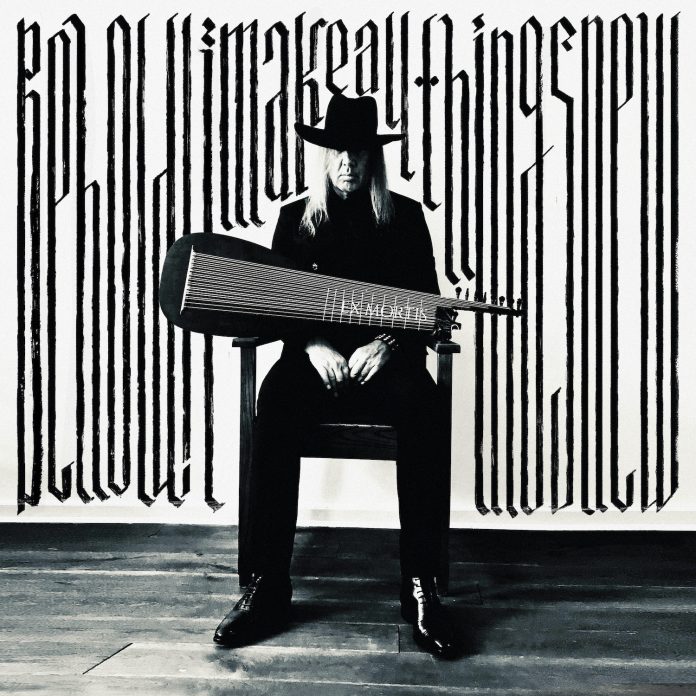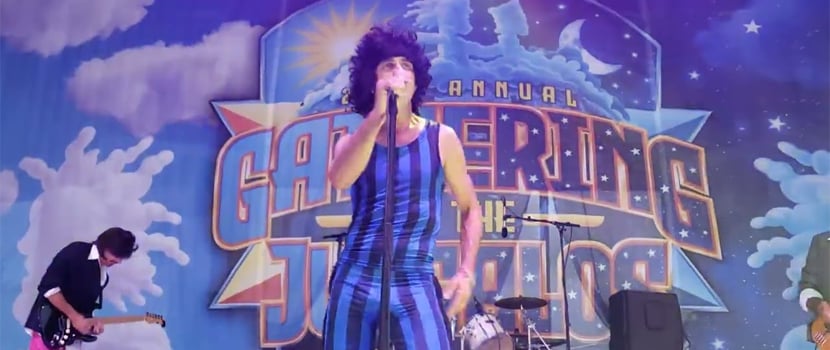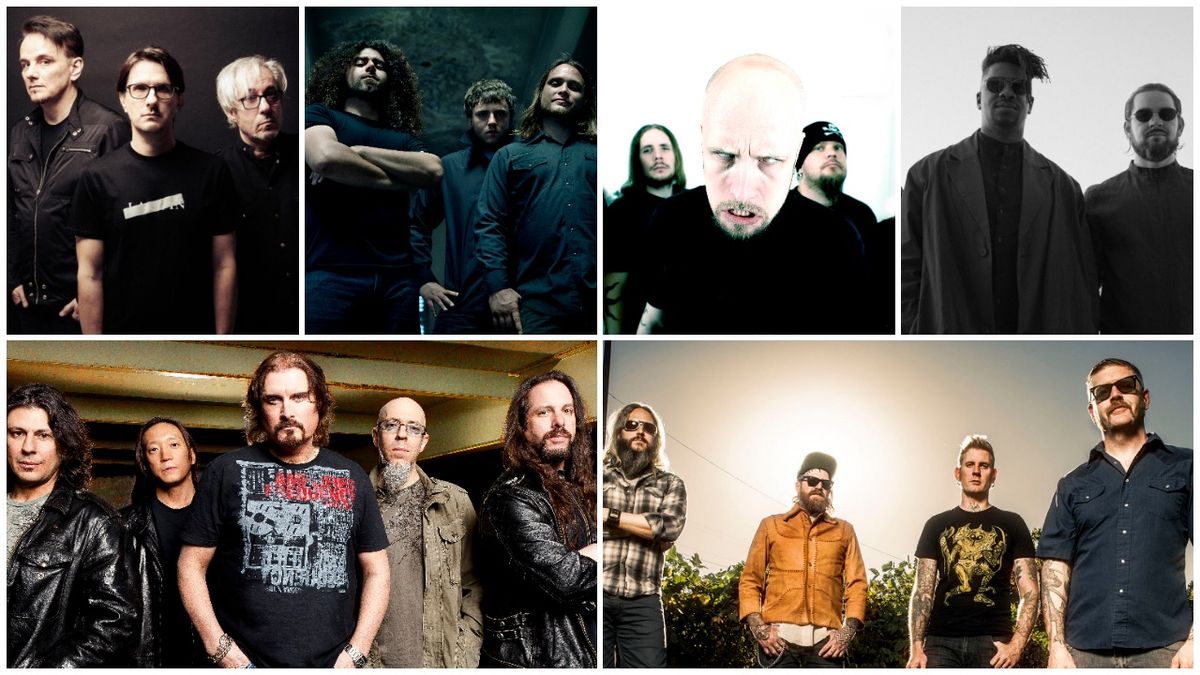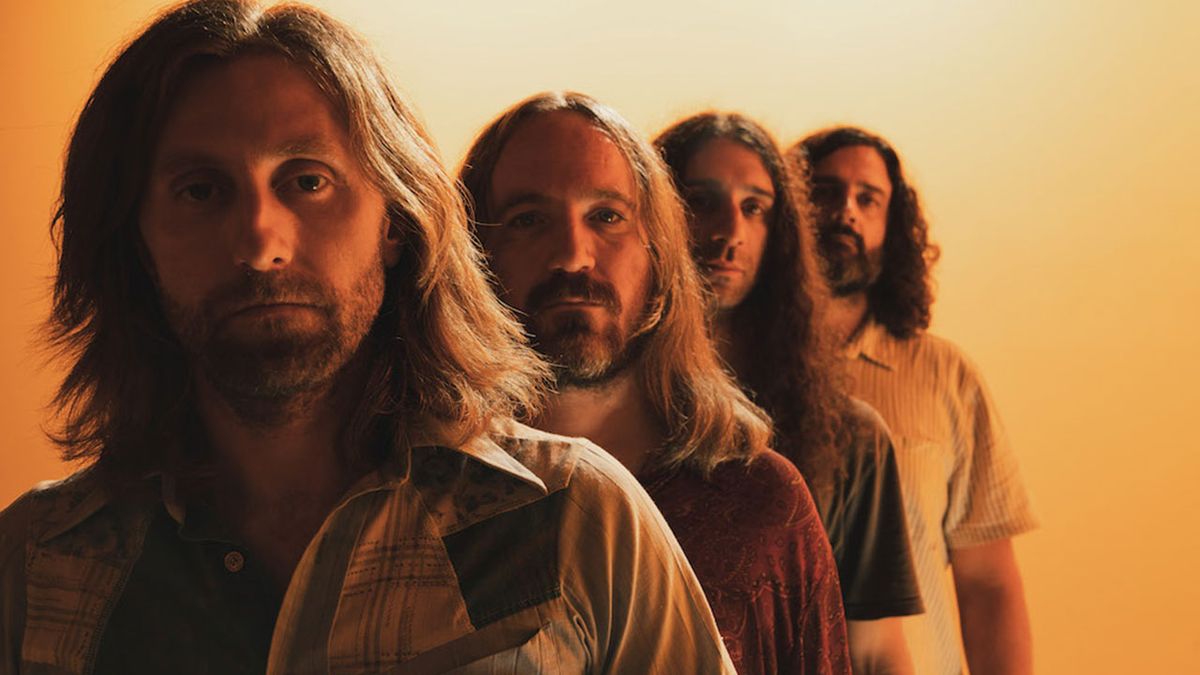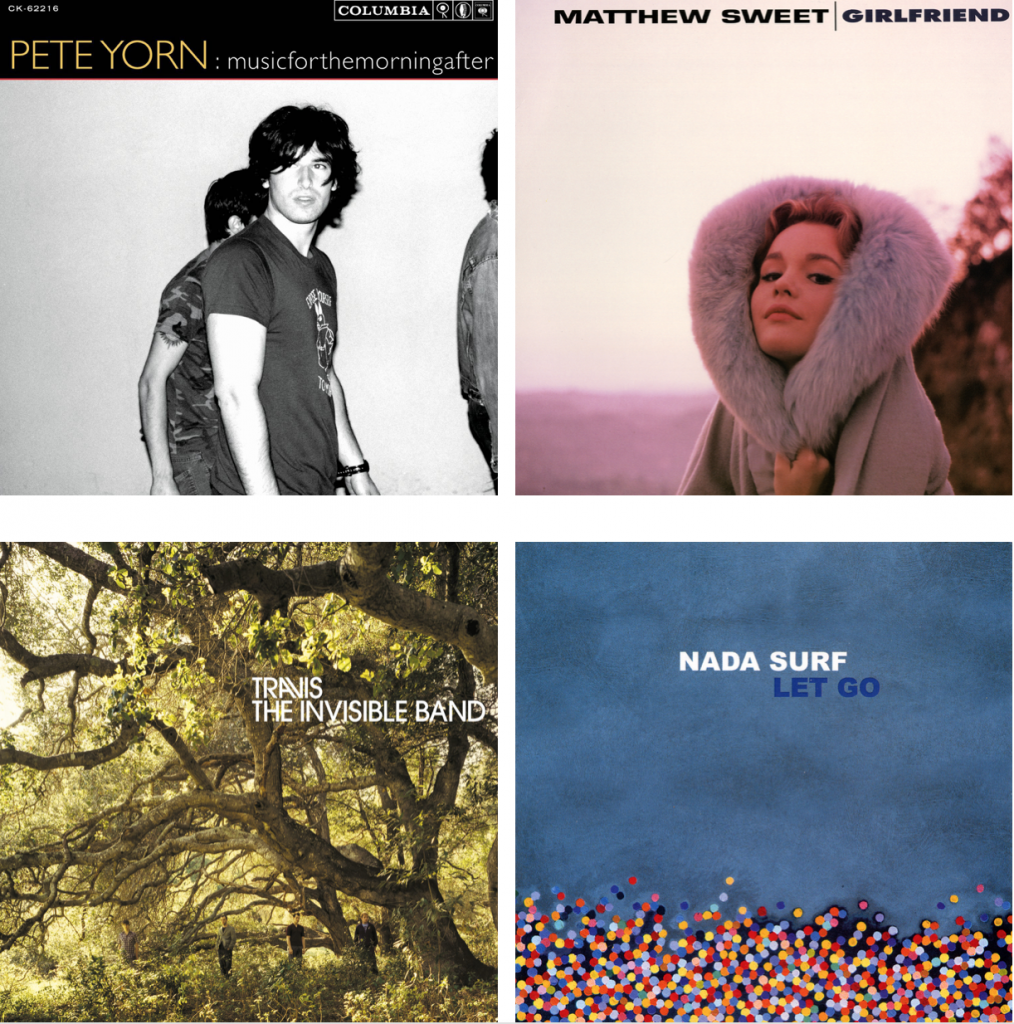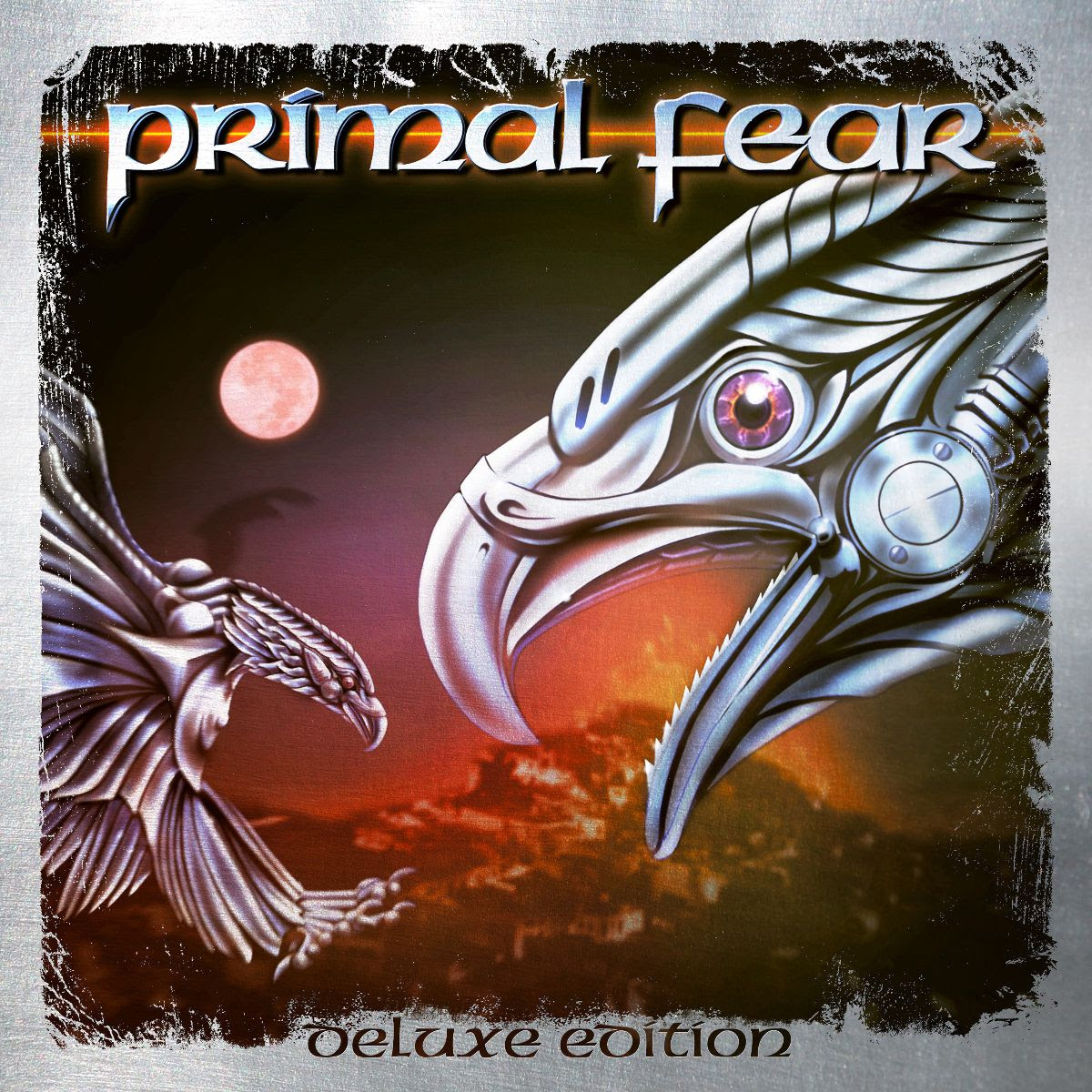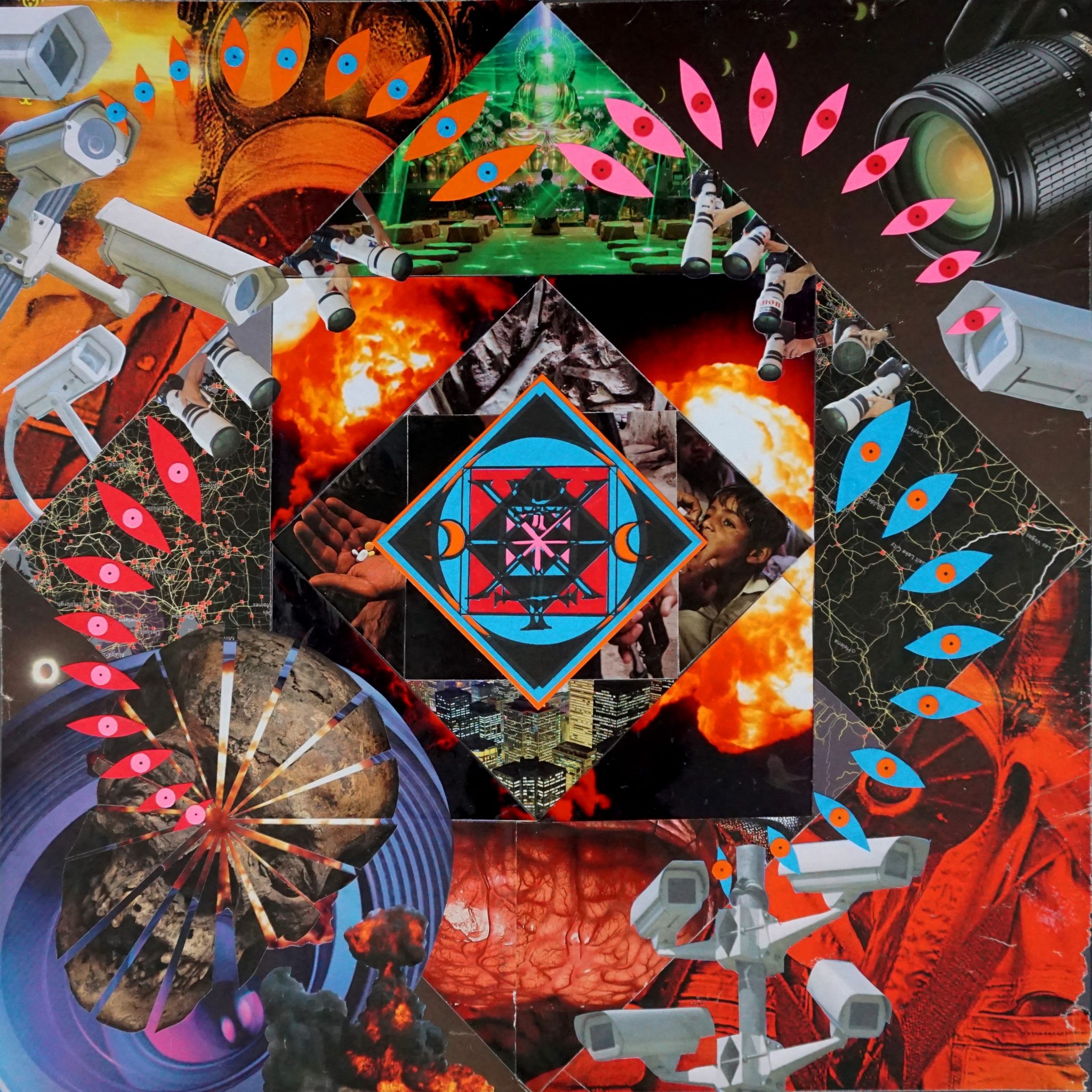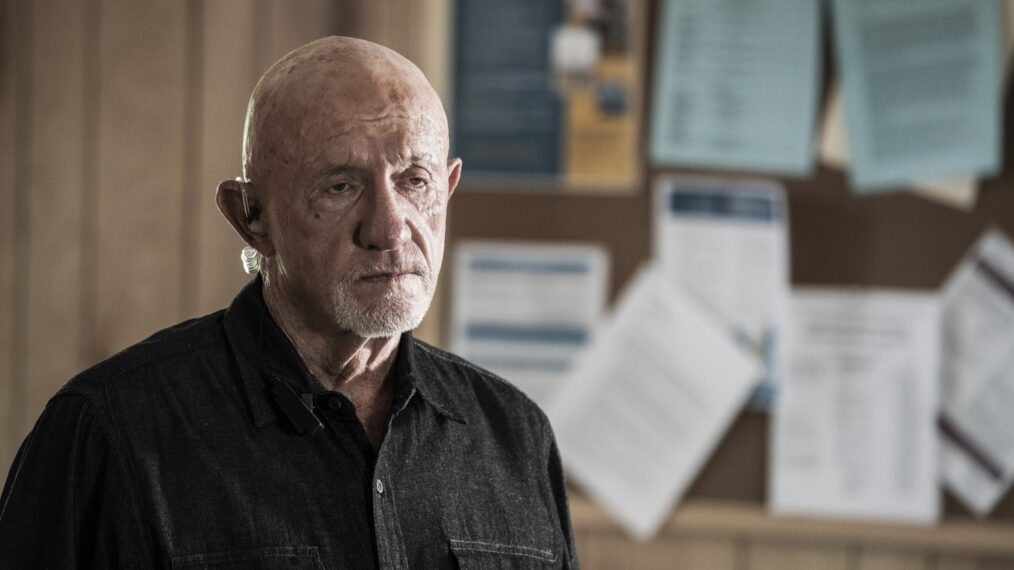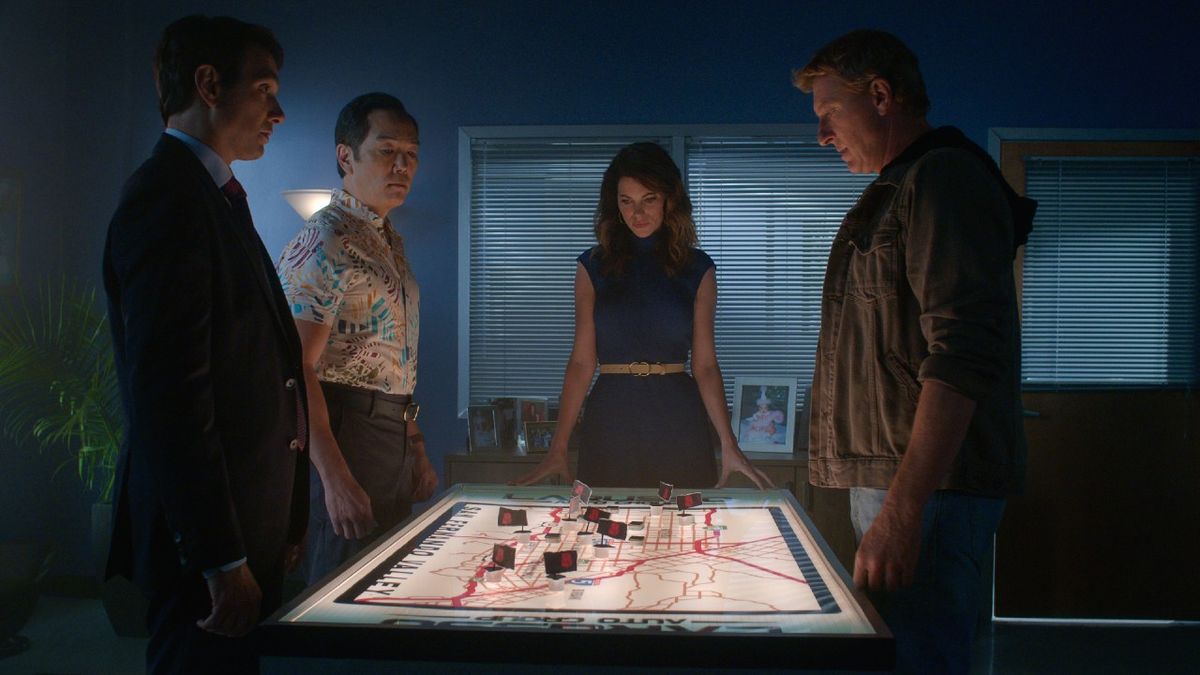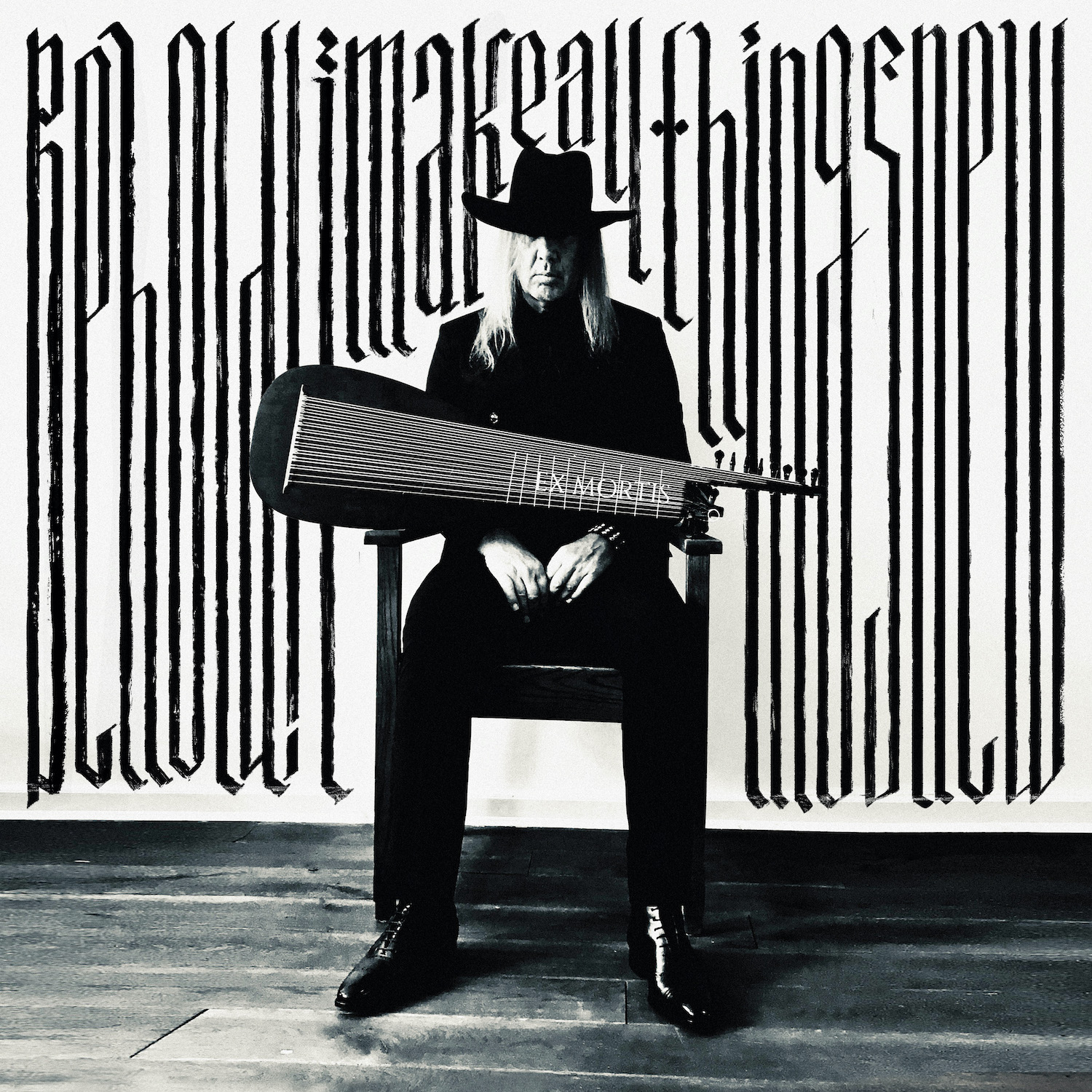
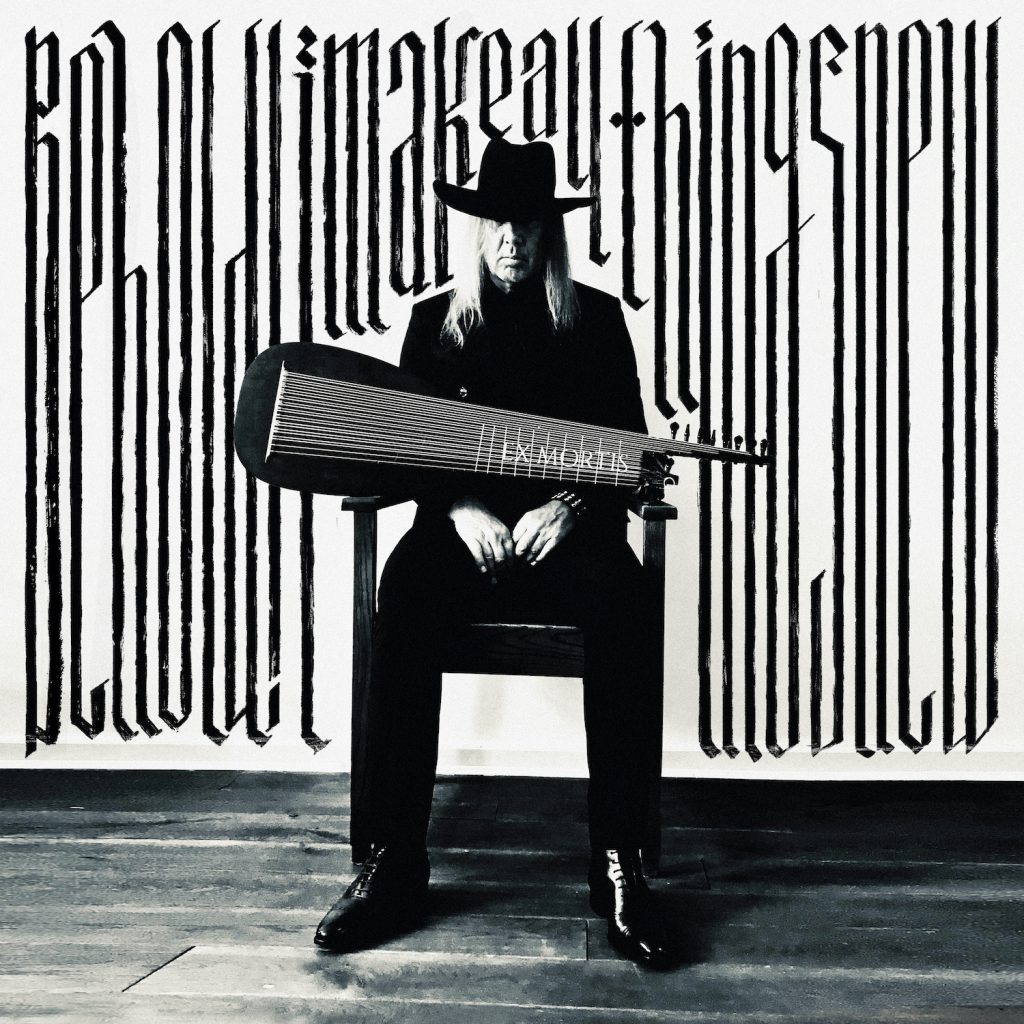
We live in a time of plague, war and upheaval. If Jozef Van Wissem was in a talking mood, he might point out that we have been here before, and if we don’t blow the whole shebang up, we’ll be here again. Newness is at best mere gaudy novelty—and more often a way to actively make things worse—so might he suggest that you consider the past?
Van Wissem has done just that, over and over, using his Renaissance-era instrument to point away from the present. He plays the lute, but he doesn’t play melodies of antiquity on it. Van Wissem is a composer as well as a performer, and he has paired it with the sounds of contemporary practitioners of industrial, improvisational and Irish folk music. He and Jim Jarmusch have worked together as a duo, and Van Wissem scored one of Jarmusch’s movies (2013’s Only Lovers Left Alive). But all of these modern adventures are really Trojan horses, ways to get inside the walls of contemporary blindness to the precariousness of human existence.
On Behold! I Make All Things New, Van Wissem delivers his message anew, but it’s really a back-to-basics move. He’s abandoned the singing that appeared on several recent records and confined electronic adornment to a sporadic background presence that sucks illumination like a black hole lurking behind a burned-out star. Several of the album’s tracks use palindromic structures, which were all the rage in lute repertoire from the 17th century, and their intentional lack of progress conveys a message that, to borrow a line from a new-fangled, 20th-century poet, you ain’t going nowhere.
But time spent contemplating the lovely, quickly decaying tones that sally back and forth through Wissem’s tunes is not time lost at all. There’s a chilly comfort in their hypnotic cadences, like breathing the cool air inside an unheated stone cathedral. This is not an accidental effect; each piece has a title that invites the listener to meditate upon a Christian acceptance that the world is a valley of sorrow, and solace lies elsewhere.
—Bill Meyer
